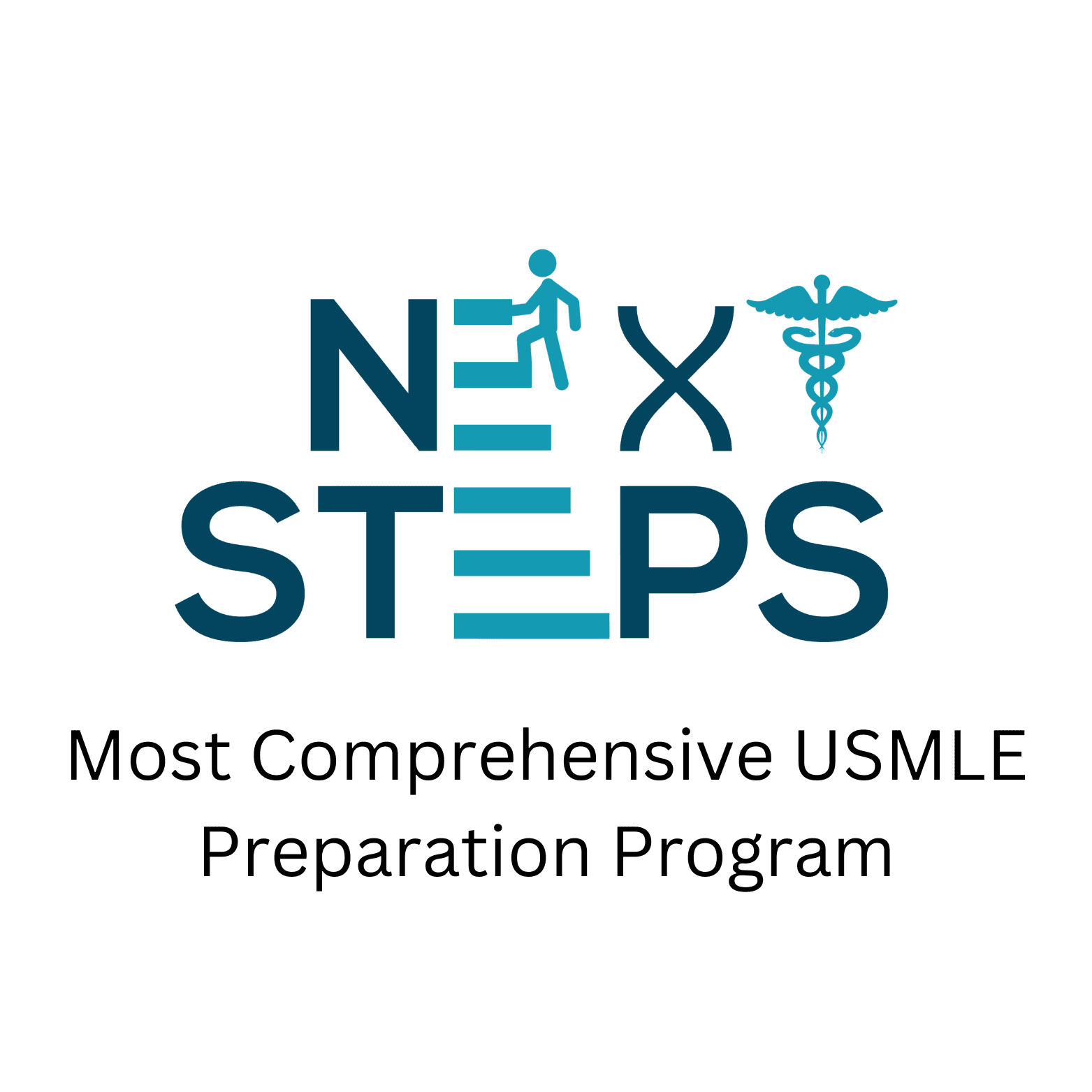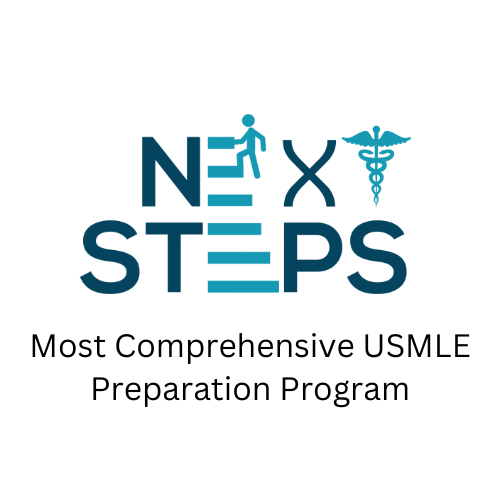How to Stand Out During Your USMLE Clinical Rotations: Tips for Success
Clinical rotations are a critical part of your USMLE journey, giving you hands-on experience in U.S. healthcare and an opportunity to demonstrate your medical knowledge, skills, and professionalism. Whether you’re doing observerships, externships, or sub-internships, your performance during these rotations can significantly impact your chances of getting into a top residency program. It’s also your chance to impress potential mentors who could write glowing letters of recommendation (LORs).
To help you make the most of your USMLE clinical rotations and leave a lasting impression on attending physicians and program directors, here are proven strategies for standing out during your USMLE clinical rotations.
1. Be Prepared and Proactive
Preparation is the foundation of success in clinical rotations. When you show up with a thorough understanding of the day’s cases and relevant medical literature, it demonstrates your dedication and eagerness to learn.
How to Stand Out:
-
- Review the Patient List: Ask your supervising physician for the patient list a day in advance (if possible) and read up on the conditions you’ll be seeing.
-
- Study Relevant Cases: Focus on high-yield conditions related to your rotation specialty, such as cardiac diseases in an internal medicine rotation or prenatal care in an OB-GYN rotation.
-
- Be Proactive in Learning: Don’t wait to be asked questions—volunteer information when appropriate. Ask insightful questions about patient management, showing that you’re thinking critically about each case.
Why It Works:
Being well-prepared and proactive helps you engage more meaningfully in patient care, demonstrating your passion for medicine and your ability to think ahead.
2. Exhibit Strong Work Ethic
Clinical rotations often require long hours, and your ability to maintain a strong work ethic in demanding situations will leave a lasting impression on the team.
How to Stand Out:
-
- Be on Time (or Early): Punctuality shows that you are reliable. Arriving early also gives you extra time to review patient charts before rounds.
-
- Stay Late When Needed: If there’s an opportunity to assist with a procedure or a complicated case, staying late to participate can show your dedication to learning.
-
- Go Above and Beyond: Volunteer for extra duties, such as following up on lab results or presenting a patient case at rounds. Take initiative where you can.
Why It Works:
A strong work ethic is a quality that program directors value, as it indicates that you will be a reliable and hardworking resident.
3. Show Enthusiasm and Eagerness to Learn
Enthusiasm is contagious. When you display genuine excitement for learning and patient care, it creates a positive impression on the attending physicians, residents, and fellow medical students.
How to Stand Out:
-
- Ask Thoughtful Questions: Rather than asking basic questions, dig deeper into cases by exploring diagnostic dilemmas or treatment options.
-
- Show Curiosity About Procedures: If you’re observing or participating in a procedure, ask about the reasoning behind each step. This shows that you’re eager to understand not just the “how” but the “why” behind medical decisions.
-
- Express Interest in Feedback: Proactively ask for feedback from your attending or residents. It demonstrates your willingness to improve and your openness to learning.
Why It Works:
Program directors want residents who are not just skilled but also passionate about medicine. Your enthusiasm signals that you’ll approach residency with the same energy and drive.
4. Master Clinical Skills and Patient Interaction
Clinical rotations are a prime opportunity to refine your clinical skills and bedside manner. Being proficient in both technical and interpersonal skills can set you apart from your peers.
How to Stand Out:
-
- Practice Clinical Skills: Whether it’s taking a patient history, performing a physical exam, or documenting notes, practice until you’re confident. If you’re not sure about a skill, don’t hesitate to ask for guidance from residents or attending physicians.
-
- Connect with Patients: Build rapport with patients by being empathetic, attentive, and communicative. Patients remember students who make them feel heard and valued, and positive feedback from patients can enhance your reputation.
-
- Document Effectively: Your ability to write clear and concise progress notes or discharge summaries will impress your supervisors.
Why It Works:
Excellence in clinical skills combined with compassionate patient care will leave a positive impression on both your patients and your mentors.
5. Develop Strong Relationships with the Team
Success in clinical rotations isn’t just about impressing your attending physician. Building strong, respectful relationships with the entire medical team—including nurses, residents, and other staff—can improve your performance and give you valuable allies.
How to Stand Out:
-
- Be Respectful and Collaborative: Treat everyone on the team with respect, from attending physicians to the nursing staff. Being a good team player is essential in residency.
-
- Seek Mentorship: Build relationships with residents and attending physicians who can guide you through difficult cases and give career advice. These relationships can lead to letters of recommendation (LORs) and long-term mentorship.
-
- Show Gratitude: A simple “thank you” at the end of the day or after a teaching session can go a long way in building goodwill with the team.
Why It Works:
Residency programs are team-oriented, and showing that you can thrive in a collaborative environment is a major plus for program directors. Building strong connections may also lead to glowing recommendations.
6. Be a Critical Thinker and Problem-Solver
Clinical rotations are about more than just following instructions. Showing that you can apply critical thinking to complex patient cases and contribute to decision-making will distinguish you from other students.
How to Stand Out:
-
- Analyze the Case: Instead of simply following orders, think through the case yourself. What would you do differently? What treatment options should be considered? Share your thoughts with the team.
-
- Suggest Differential Diagnoses: Offer potential diagnoses based on the patient’s history and presentation. Even if you’re wrong, it shows that you’re thinking through the case systematically.
-
- Focus on Evidence-Based Medicine: Reference clinical guidelines and current research when discussing treatment options. This shows that you’re not only knowledgeable but also up-to-date with the latest practices.
Why It Works:
Residency programs want physicians who can think independently, solve problems, and make informed decisions. Demonstrating critical thinking in rotations signals that you’re ready for residency.
7. Secure Strong Letters of Recommendation (LORs)
One of the most valuable outcomes of clinical rotations is securing strong letters of recommendation (LORs). These letters can play a significant role in the residency match process.
How to Stand Out:
-
- Consistently Perform Well: Throughout your rotation, strive to be reliable, engaged, and professional. This leaves a lasting positive impression on the attending physician.
-
- Express Your Interest in LORs: Toward the end of your rotation, ask attending physicians who have seen your best work if they’d be willing to write you a strong LOR.
-
- Follow Up Politely: After the rotation ends, follow up with a polite reminder and provide any necessary documents (e.g., CV, personal statement) to help them write a personalized letter.
Why It Works:
Strong LORs from respected physicians carry weight in residency applications. By excelling during your rotations and building good rapport with your attendings, you can secure letters that highlight your strengths.
Final Thoughts
Your clinical rotations are a golden opportunity to shine, gain hands-on experience, and make meaningful connections that will benefit you throughout your medical career. By being prepared, proactive, and enthusiastic, while mastering both clinical and interpersonal skills, you can stand out and make a lasting impression on your supervising physicians. These strategies will not only enhance your chances of getting excellent LORs but also position you as a strong candidate in the residency match process.
Remember, every day of your clinical rotations is a chance to grow and showcase your potential. Approach each rotation with dedication, a willingness to learn, and a positive attitude, and you’ll stand out for all the right reasons.





